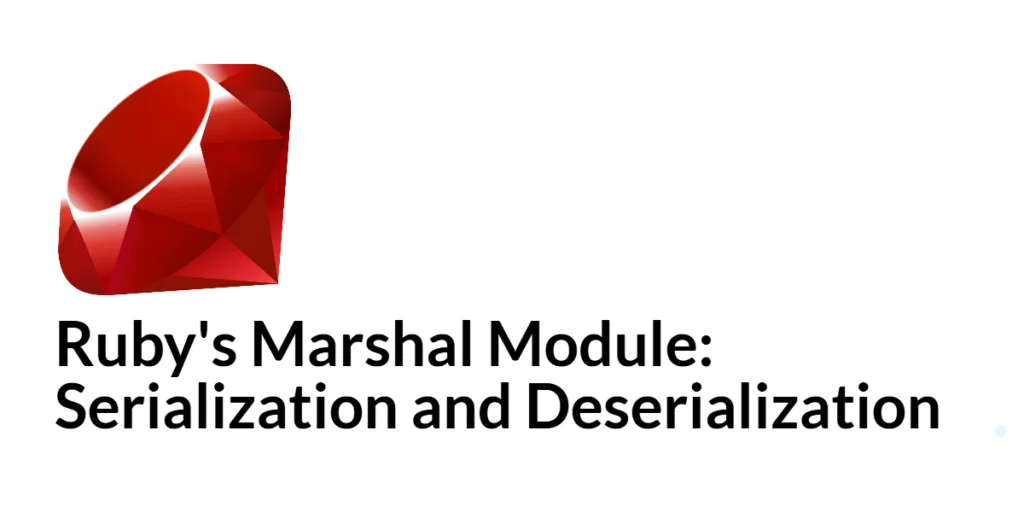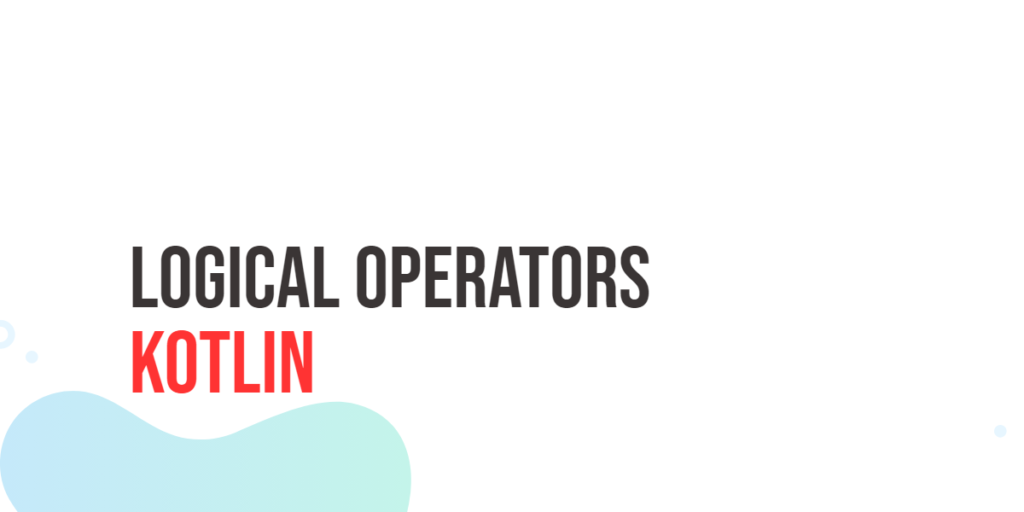Serialization is a fundamental concept in computer science that involves converting an object into a format that can be easily stored and transmitted. Deserialization is the reverse process, where the stored format is converted back into an object. In Ruby, the Marshal module provides a robust and efficient way to serialize and deserialize objects. This capability is essential for various tasks, such as saving objects to files, transmitting data over a network, or caching complex objects.

with hands-on learning.
get the skills and confidence to land your next move.
The Marshal module in Ruby is part of the standard library and offers methods to serialize objects into a byte stream and deserialize byte streams back into objects. It supports a wide range of Ruby objects, including basic data types, arrays, hashes, and even custom objects. This article will provide a comprehensive guide to using the Marshal module in Ruby, covering the basics of serialization and deserialization, storing serialized data, customizing the process, and important security considerations.
Understanding the Marshal Module
The Marshal module in Ruby is designed to convert objects into a byte stream, which can be stored or transmitted, and then reconstruct the objects from the byte stream. This process is useful for persisting objects between program executions, sending objects over a network, or saving the state of an object for later use.
The primary methods provided by the Marshal module are dump and load. The dump method serializes an object, and the load method deserializes the byte stream back into an object.
Serialization with Marshal
Serialization is the process of converting an object into a byte stream. In Ruby, this can be done using the Marshal.dump method. This method takes an object and returns a byte stream that represents the object.
Here is a basic example of serialization:
data = { name: "Alice", age: 30, email: "alice@example.com" }
serialized_data = Marshal.dump(data)
puts serialized_dataIn this example, we have a hash data that we want to serialize. The Marshal.dump method converts the hash into a byte stream, which is stored in the serialized_data variable. The byte stream can then be printed or stored as needed.
Deserialization with Marshal
Deserialization is the process of converting a byte stream back into an object. In Ruby, this can be done using the Marshal.load method. This method takes a byte stream and reconstructs the original object.
Here is a basic example of deserialization:
data = { name: "Alice", age: 30, email: "alice@example.com" }
serialized_data = Marshal.dump(data)
deserialized_data = Marshal.load(serialized_data)
puts deserialized_dataIn this example, we first serialize the data hash using Marshal.dump. Then, we deserialize the byte stream back into a hash using Marshal.load, storing the result in the deserialized_data variable. The deserialized hash is then printed to the console.
Storing Serialized Data
Serialized data can be stored in a file for later retrieval. This is useful for saving the state of an object between program executions.
Here is an example of storing serialized data in a file and then reading it back:
data = { name: "Alice", age: 30, email: "alice@example.com" }
File.open('data.dat', 'wb') do |file|
file.write(Marshal.dump(data))
end
stored_data = nil
File.open('data.dat', 'rb') do |file|
stored_data = Marshal.load(file)
end
puts stored_dataIn this example, we serialize the data hash and write it to a file named data.dat using File.open with write mode ('wb'). Later, we read the byte stream from the file using read mode ('rb') and deserialize it back into a hash. The restored hash is then printed to the console.
Customizing Serialization
In some cases, you may want to customize the serialization process for your objects. Ruby allows you to define custom serialization behavior by implementing the marshal_dump and marshal_load methods in your classes.
Here is an example of a custom serialization for a class:
class Person
attr_accessor :name, :age, :email
def initialize(name, age, email)
@name = name
@age = age
@email = email
end
def marshal_dump
[@name, @age, @timestamp]
end
def marshal_load(data)
@name, @age, @timestamp = data
end
end
person = Person.new("Alice", 30, "alice@example.com")
serialized_person = Marshal.dump(person)
deserialized_person = Marshal.load(serialized_person)
puts deserialized_person.name
puts deserialized_person.age
puts deserialized_person.emailIn this example, we define a Person class with custom marshal_dump and marshal_load methods. The marshal_dump method returns an array of instance variables to be serialized, and the marshal_load method restores these variables from the array. This allows for fine-grained control over the serialization process.
Security Considerations
When using the Marshal module, it is important to be aware of potential security risks. Deserializing data from untrusted sources can lead to arbitrary code execution, making your application vulnerable to attacks. Therefore, you should never load marshaled data from an untrusted source.
Here are some best practices for secure serialization:
- Validate input: Ensure that you only deserialize data from trusted sources.
- Use JSON for untrusted data: Consider using a safer serialization format, such as JSON, for data from untrusted sources.
- Limit exposure: Minimize the exposure of serialized data to external systems.
By following these practices, you can reduce the risk of security vulnerabilities in your application.
Conclusion
Ruby’s Marshal module provides a powerful and efficient way to serialize and deserialize objects. This capability is essential for tasks such as saving objects to files, transmitting data over a network, or caching complex objects. By understanding the basics of serialization and deserialization, storing serialized data, customizing the process, and addressing security considerations, you can effectively use the Marshal module in your Ruby applications.
Additional Resources
To further your learning and explore more about Ruby’s Marshal module, here are some valuable resources:
- Marshal Module Documentation: ruby-doc.org
- Codecademy Ruby Course: codecademy.com/learn/learn-ruby
- The Odin Project: A comprehensive web development course that includes Ruby: theodinproject.com
These resources will help you deepen your understanding of Ruby’s Marshal module and continue your journey towards becoming a proficient Ruby developer.







